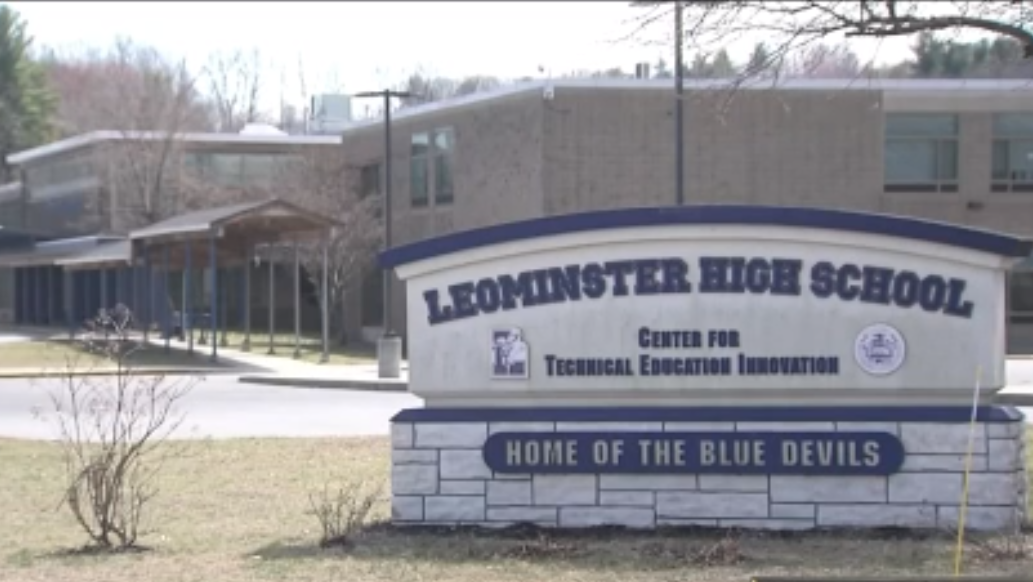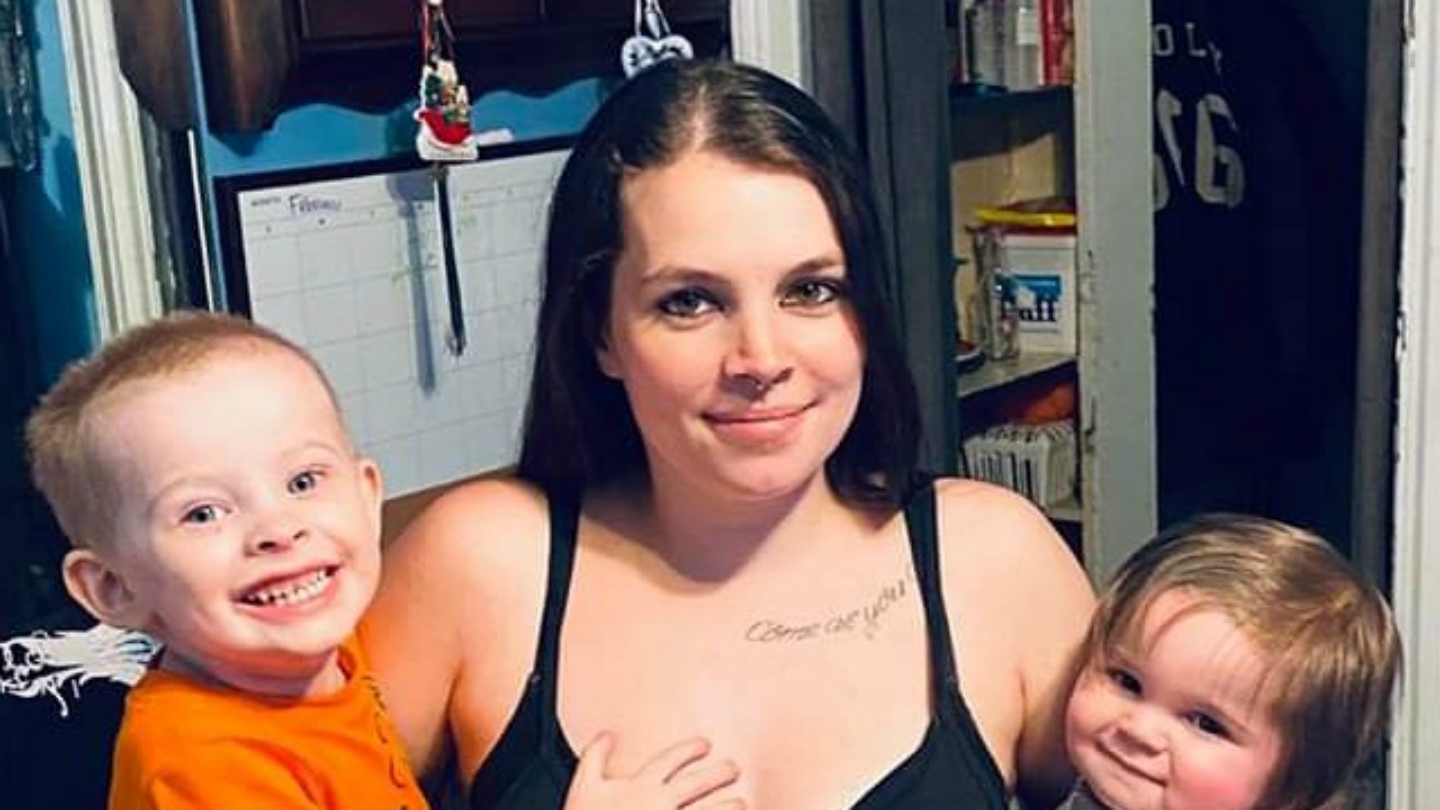Black leaders in Boston are calling on the city to step up its response to the coronavirus crisis in their communities as the pandemic continues to disproportionately impact people of color.
The Black Boston COVID-19 Coalition, a group dedicated to ensuring coronavirus response and recovery, claim they have seen a rise in cases in neighborhoods like Roxbury, Dorchester, Mattapan and Roslindale.
To date, about 32% of cases and 35% of coronavirus-related deaths in Boston were among Black people, according to city data. As the city sees an uptick in cases, Boston has been teetering on the edge of Massachusetts' highest-risk category for coronavirus transmission, indicated on the state's COVID-19 risk map with the color red.
"Right now, the coalition is concerned about tracking, tracing and testing because we believe that it’s still not enough," Priscilla Flint-Banks of the Black Boston COVID-19 Coalition said.
Meanwhile, nearly 30 organizations and over 200 physicians, state legislators, community and public health leaders have signed a letter to Gov. Charlie Baker calling on him to curb the spread of COVID-19. The group argues that infection rates across the state could continue to rise as students return to school.
In April, the city formed the COVID-19 Health Inequities Task Force to address the disproportionate impact of virus on communities of color. But some leaders said it doesn’t go far enough.
"The messaging isn’t as robust as other communities," Dr. Ellana Stinson of the New England Medical Association said. "I think reaching out to the Black churches, different radio stations that the majority of the Black community listens to, ensuring that there is a significant amount of messaging and social media as well."
To successfully combat the coronavirus, the leaders said, there must be a concentration on communities that are hit the hardest.
"Once things start to ramp up in the Black community, it’s only inevitable that they start to ramp up in other communities as well," Stinson said. "I think it really behooves us to re-allocate the resources to focus on those most hard-hit communities."
The Boston Public Heath Commission acknowledged that the "longstanding systemic health and social inequities" put people of color at a higher risk of contracting and dying from the coronavirus.
"The city remains committed to addressing the inequities that exist in Black and Brown communities," a spokesperson said in a statement.
"I feel we need more resources because we’re at a higher risk of dying from COVID," Flint-Banks said. "And the hope is each small battle can ultimately help win the fight. We want to be safe. We want our people to be safe."
The city of Boston’s mobile testing site is currently in Grove hall in Dorchester. Testing is free for anyone with or without symptoms through Saturday.



